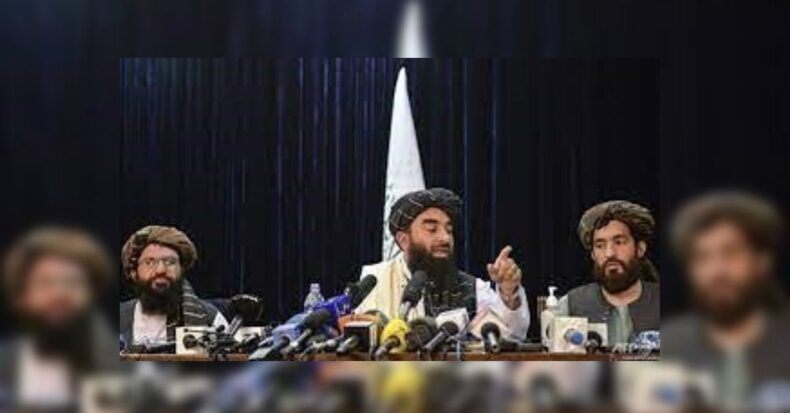The Taliban have said that they have been considering several models of governance.

They have frequently held negotiations with all the stakeholders, from religious scholars to politicians.
All the efforts were aimed at knowing the plans of others and getting inputs from all segments of the society to bring in an inclusive form of governance that will be acceptable to every Afghan national.
What was the Taliban like in the 2000s?
The Taliban first emerged in 1994, during the anarchy and civil war that followed the collapse of the pro-Soviet government.
After controlling Kabul, the group attracted international headlines for its violent suppression of women and minorities and all civil and political rights restrictions.
The Taliban relied on brutal and excessive forces to dominate much of Afghanistan from 1996-2001, turning it into a pariah state.
The movement did not develop governance institutions that could provide political representation or social services; it tortured and hanged the president from a pole and banned all the women and girls from attending schools or the workforce.
As a result of its repressive policies, it was recognized by only three countries- Pakistan, Saudi Arabia and the United Arab Emirates.
These countries saw the group as a proxy to limit the increasing influence of the Nations supporting anti- Taliban forces.
Some Difficult Choices
In an attempt to restore the Islamic Emirates, it’s likely to cost the Taliban- international recognition, legitimacy and foreign aid.
These provisions will probably limit the Taliban’s capacity to govern on its terms, and they are likely to face some difficult choices on their way to gain the world’s trust.
The movement’s media-savvy leadership has attempted to downplay fears of the return of its former repressive regime and have tried to portray a positive image for its future governance.
But aside from offering vague promises of pardons for government and military personnel and that woman could continue to participate in society per sharia law, they haven’t spelt out anything about their political plans.
The movement has so far avoided dealing with these questions directly. But now, with its stunning weep across the country, these issues are becoming urgent priorities.
All the attention now focuses on whether it can translate its rapid military gains into a political victory.
It will be a significant turn of events to look at how the Taliban compromises its retrospective ideology to gain domestic and international legitimacy.













